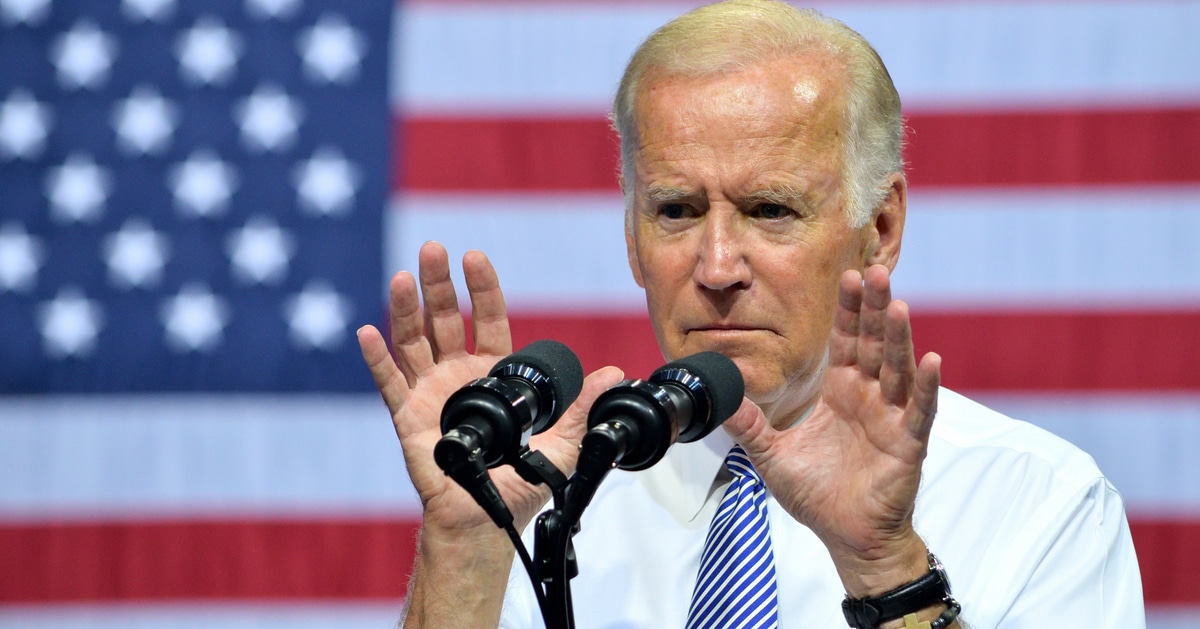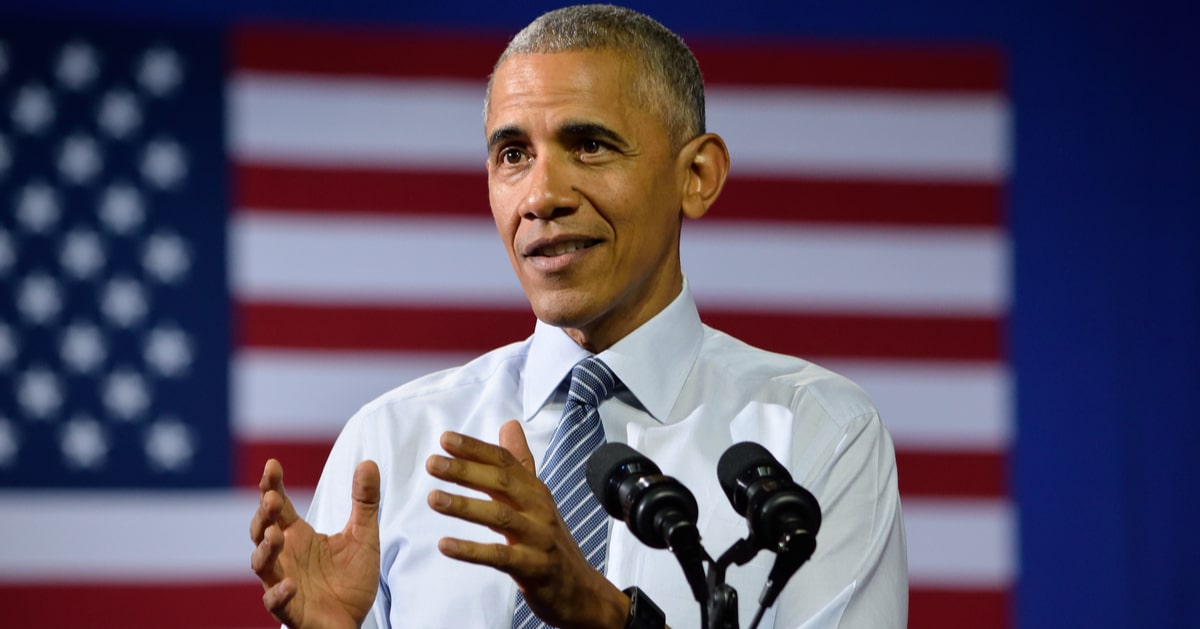




A recent judicial ruling has omitted a key allegation against former President Donald Trump from a criminal indictment concerning his handling of classified documents.
The Guardian reported that U.S. District Judge Aileen Cannon has removed a passage from Donald Trump's indictment that detailed him showing a classified document at his New Jersey club.
On Monday, Judge Cannon ruled in favor of expunging a specific paragraph from the indictment that described an incident at Trump's Bedminster club.
This segment alleged that Trump had brandished a classified document during a meeting, an act not separately charged in the broader case against him.
The decision to strike this paragraph was predicated on concerns that its inclusion might prejudice the jury. The court agreed with the defense that mentioning these details, for which Trump was not charged, could impact the fairness of the trial.
This ruling comes amidst ongoing legal proceedings against Trump for allegedly retaining classified documents after his presidency. The documents in question include a classified map of Afghanistan, which Trump is accused of displaying during a 2021 meeting at his Bedminster club.
According to the indictment, the meeting occurred in August or September of 2021, when Trump met with a representative of his political action committee. During this meeting, he pointed out that a military operation was not proceeding well, referencing the classified map.
Trump explicitly noted to the PAC representative, who lacked the necessary security clearance, that he should not have been viewing the document. This incident underscores the sensitive nature of the information allegedly mishandled.
Despite the removal of this paragraph from the indictment, Judge Cannon did not grant all of Trump's requests. She denied his motion to dismiss the counts of obstruction in the indictment, emphasizing that these allegations should be addressed at trial.
The broader implications of Judge Cannon's decisions could shape the landscape of evidence permitted in Trump's upcoming trial. Her ruling to expunge part of the indictment might set a precedent for handling similar motions that seek to limit prejudicial evidence.
Special Counsel Jack Smith's team argued that the inclusion of the Bedminster incident was justified under legal standards, though Judge Cannon disagreed, citing the lack of charges specifically for that conduct.
Legal experts are watching closely as these pre-trial decisions may indicate the trajectory of the case, including how evidence is selected and presented before the jury.
These legal developments occur as Trump remains a central figure in American politics, particularly as he mounts another presidential campaign for 2024. The outcome of these legal challenges could significantly influence his political future.
The expunged paragraph detailed Trump showing the PAC Representative a classified map and advising him to not get "too close," highlighting the confidential nature of their discussion. This detail, while no longer part of the formal charges, adds context to the ongoing narrative around Trump's handling of sensitive information.
Judge Cannon's rejection of the motion to dismiss the obstruction counts underscores the complexity of the legal arguments at play. She ruled that such matters are more appropriately dealt with in the context of a trial rather than through pre-trial dismissals.
As the case progresses, the legal strategies employed by both the defense and the prosecution will continue to unfold. The initial rulings by Judge Cannon suggest a cautious approach to managing the extensive media and public interest surrounding the case.
The intersection of legal and political issues in Trump's indictment poses unique challenges for the judiciary, balancing the need for a fair trial with the intense public scrutiny that comes with any legal action involving a former president.
In conclusion, the recent judicial decisions to modify the indictment against Donald Trump reflect the complex interplay of legal strategy, evidential considerations, and the overarching desire to maintain judicial fairness. As the case evolves, these decisions will undoubtedly influence its outcome and potentially the broader legal standards for handling classified information.



